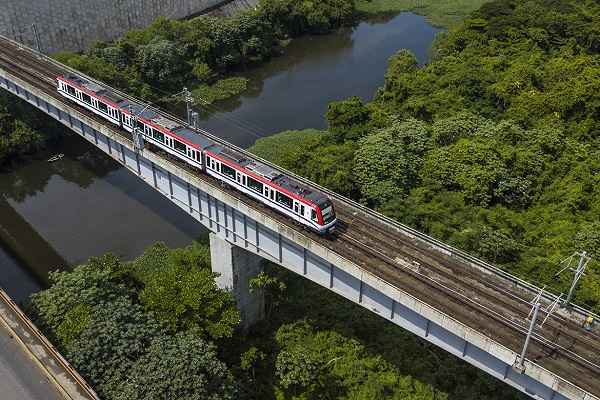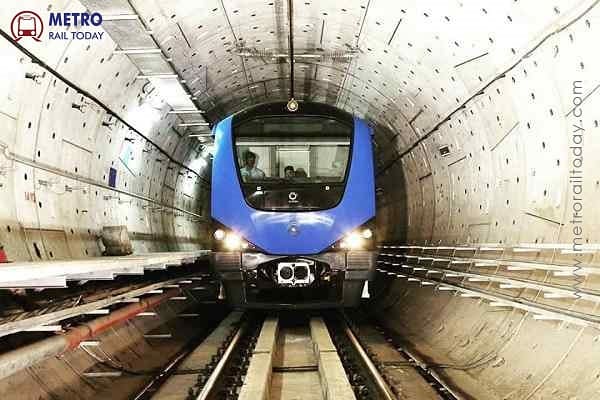 CMRL achieves second Tunnel Breakthrough at Thirumayilai for Chennai Metro Phase 2 Corridor 4
CMRL achieves second Tunnel Breakthrough at Thirumayilai for Chennai Metro Phase 2 Corridor 4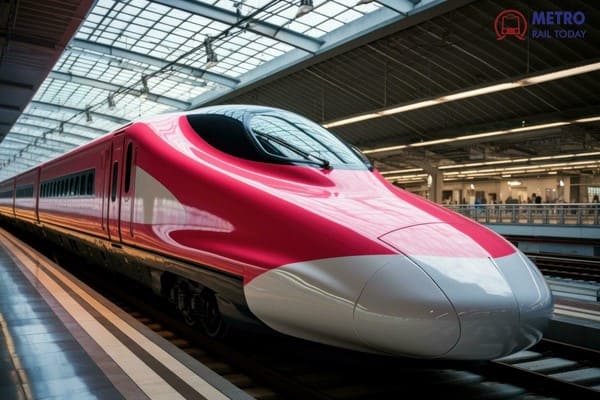 NHSRCL invites Single Tender from BEML for Bullet Train Rolling Stock Package
NHSRCL invites Single Tender from BEML for Bullet Train Rolling Stock Package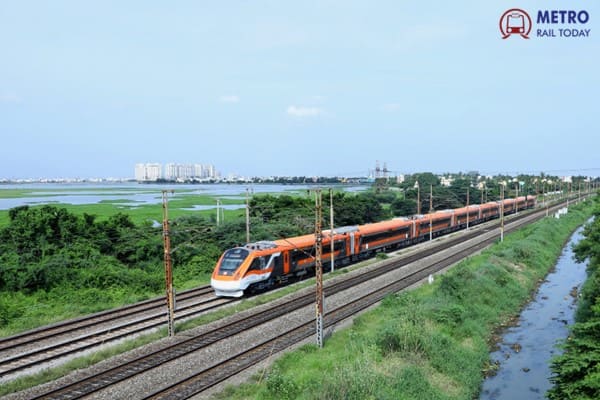 Railway Minister reviews progress of Ahmedabad–Dholera Semi High-Speed Rail Project
Railway Minister reviews progress of Ahmedabad–Dholera Semi High-Speed Rail Project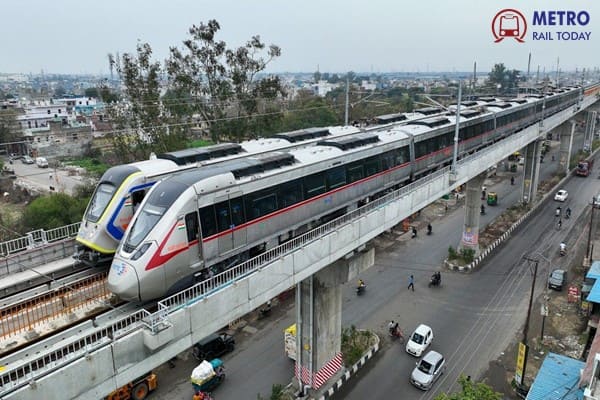 National Planning Group reviews key Rail & Metro projects under PM GatiShakti
National Planning Group reviews key Rail & Metro projects under PM GatiShakti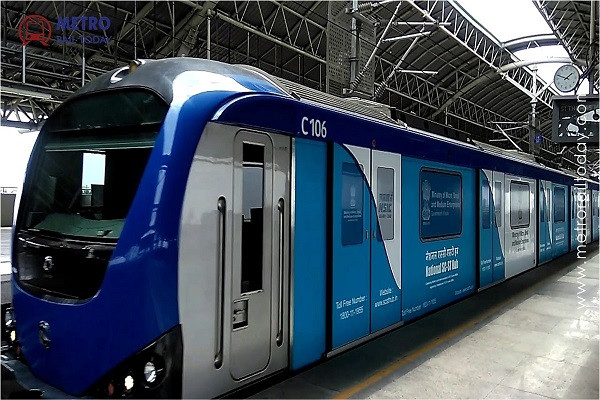 CMRS approves Driverless Metro Operations on first stretch of Chennai Metro Phase 2 Corridor 4
CMRS approves Driverless Metro Operations on first stretch of Chennai Metro Phase 2 Corridor 4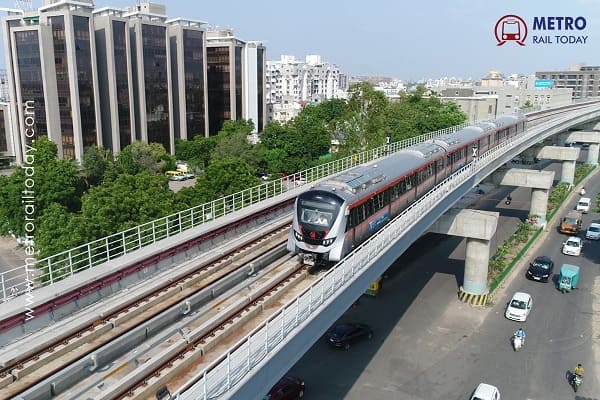 J Kumar Infraprojects completes Final Tunnel Breakthrough for Surat Metro Phase 1 Project
J Kumar Infraprojects completes Final Tunnel Breakthrough for Surat Metro Phase 1 Project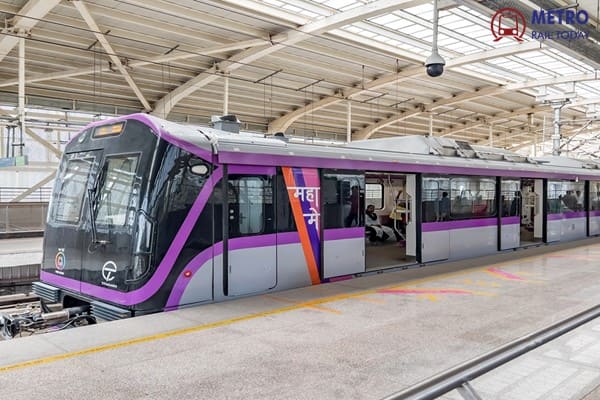 Apurvakriti Infrastructure awarded Ballastless Track Contract for Pune Metro Reach-1 Extension
Apurvakriti Infrastructure awarded Ballastless Track Contract for Pune Metro Reach-1 Extension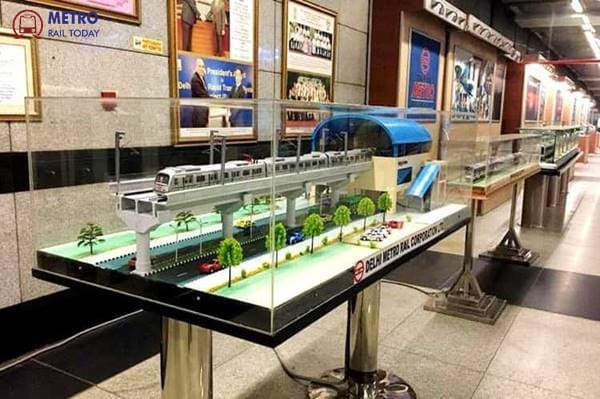 SAM India Builtwell bags first ₹222.76 Crore Civil Contract for Delhi Metro Phase V
SAM India Builtwell bags first ₹222.76 Crore Civil Contract for Delhi Metro Phase V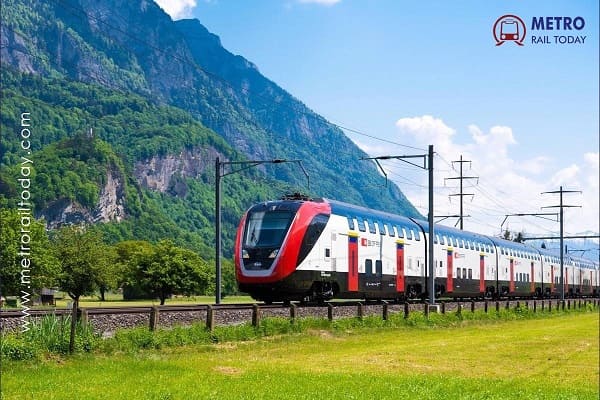 HRIDC conducts Investors Pre-Bid Meeting for Haryana Orbital Rail Corridor
HRIDC conducts Investors Pre-Bid Meeting for Haryana Orbital Rail Corridor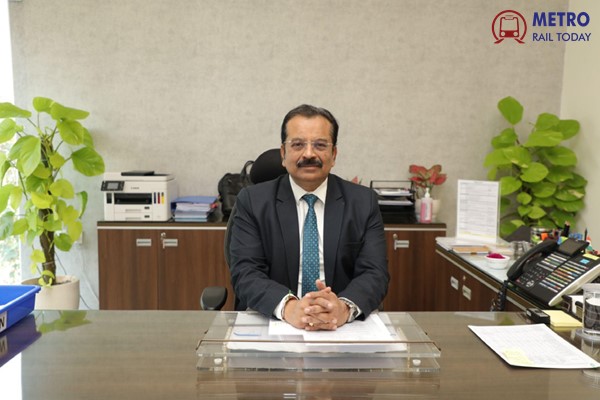 NCRTC Chief Shalabh Goel appointed as General Manager of Central Railway
NCRTC Chief Shalabh Goel appointed as General Manager of Central Railway
Iraq seeks private investment to fast-track $18 Billion Baghdad Metro Rail Project
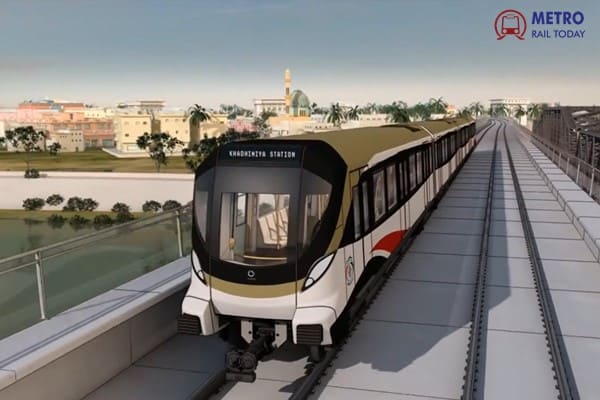
Baghdad, Iraq (Metro Rail Today): The Government of Iraq has renewed efforts to fast-track the long-delayed Baghdad Metro project, inviting private investors and global infrastructure companies to participate under a Public-Private Partnership (PPP) model. Prime Minister Mohammed Al-Sudani directed officials to accelerate technical and financial reviews and engage directly with international firms to move the project from planning to implementation.
The announcement comes just weeks before Iraq’s parliamentary elections on 11 November, signaling the government’s intent to showcase progress on one of its most ambitious urban mobility projects.
According to an official statement from the Prime Minister’s Office, Al-Sudani emphasized the need to “review the technical steps and investment requirements to ensure best global practices.” The government aims to establish a viable investment framework to attract experienced private partners to the multi-billion-dollar Baghdad Metro, Iraq’s first modern mass transit system.
In July 2024, Iraq awarded a design, build, and operate (DBO) contract to a consortium of French, Spanish, and Turkish companies, backed by financing from Deutsche Bank. However, the project has since undergone a financial reassessment after earlier proposals failed to meet viability standards.
Project Overview: Baghdad’s First Metro System
-
Total network length: Approximately 148 km
-
Stations: 64
-
Lines: 7 planned corridors covering nearly 85% of Baghdad
-
System type: Elevated, automated, and driverless metro
-
Estimated cost: $18 billion
-
Expected completion: Within four years from start of construction (start date yet to be announced)
-
Expected daily ridership: Up to 5 million passengers
Designed as a fully elevated and driverless rapid transit system, the Baghdad Metro—also referred to as the Baghdad Elevated Train (BET)—will connect central Baghdad with newly developed satellite cities, significantly reducing chronic traffic congestion in one of the Middle East’s most densely populated capitals.
Challenges and Delays
Despite multiple attempts over the past decade, the Baghdad Metro project has struggled to progress due to funding constraints, political transitions, and security concerns.
A previous proposal led by France’s Alstom stalled due to financing shortfalls. The newly awarded consortium—with German financial backing—aims to mitigate those risks through a robust PPP structure.
The Iraqi Ministry of Transport is currently reviewing tender parameters and investment models to ensure fiscal sustainability while maintaining international safety and quality standards.
“The Baghdad Metro represents a turning point for Iraq’s infrastructure modernization,” said Mrs. Mamta Shah, MD & CEO, Urban Infra Group. “If implemented effectively under the PPP framework, it will not only decongest Baghdad but also symbolize Iraq’s post-conflict transformation toward sustainable, people-centric urban mobility. Such projects highlight the growing role of international partnerships in rebuilding resilient transport ecosystems across West Asia.”
The Baghdad Metro joins a series of large-scale rail and metro projects emerging across the Middle East, including Cairo’s Line 4, Riyadh Metro, and Doha Metro. Each of these initiatives underscores the region’s collective shift toward smart, sustainable, and multimodal urban transport as cities prepare for rapid population growth and climate challenges.
If successfully executed, the Baghdad Metro could become one of the largest elevated automated transit systems in the Middle East, transforming the way millions commute daily and setting a new benchmark for infrastructure-led recovery in Iraq.





